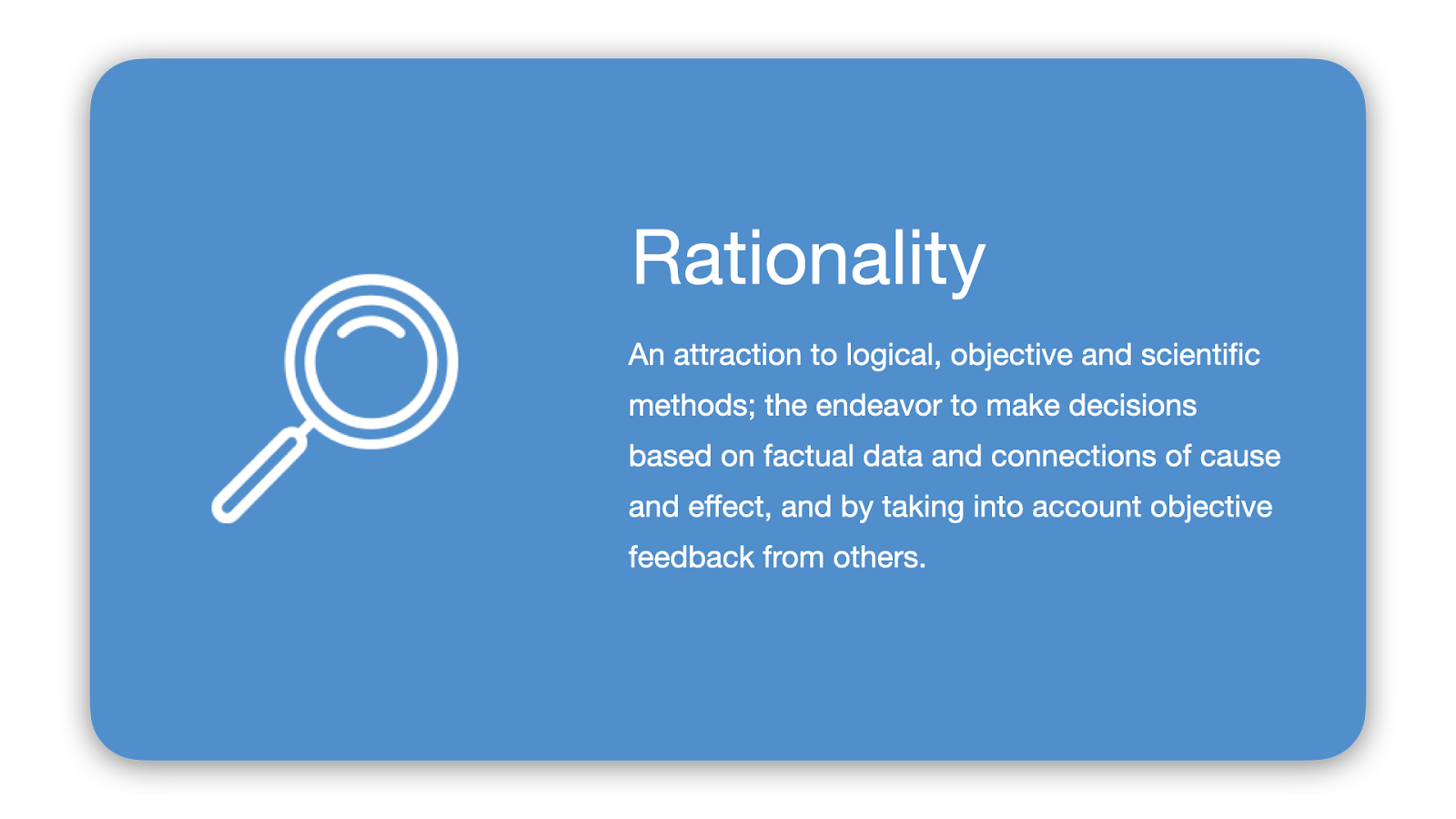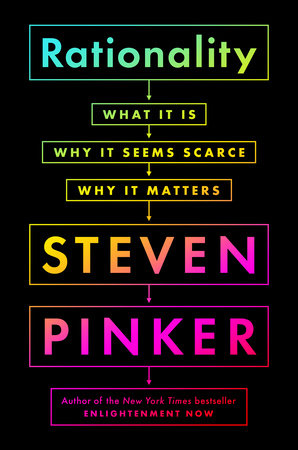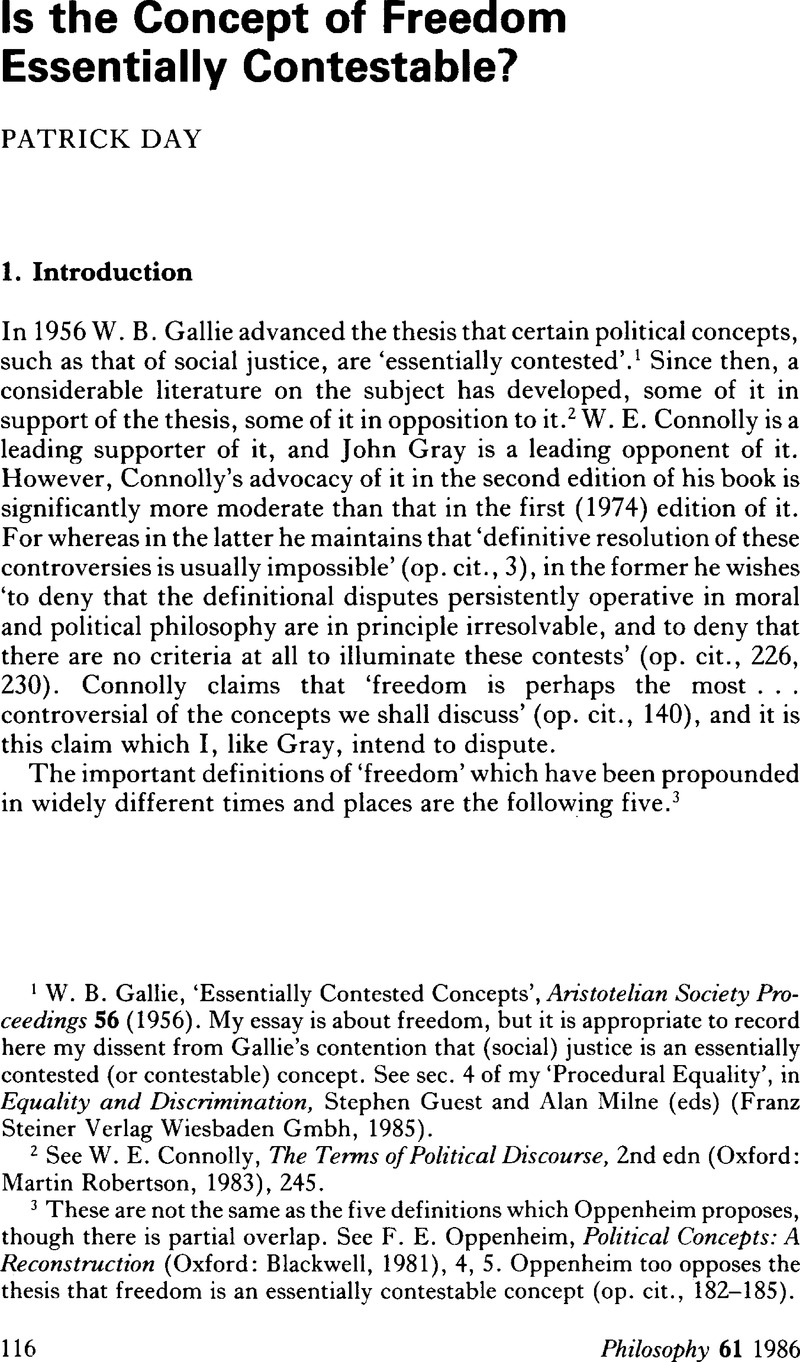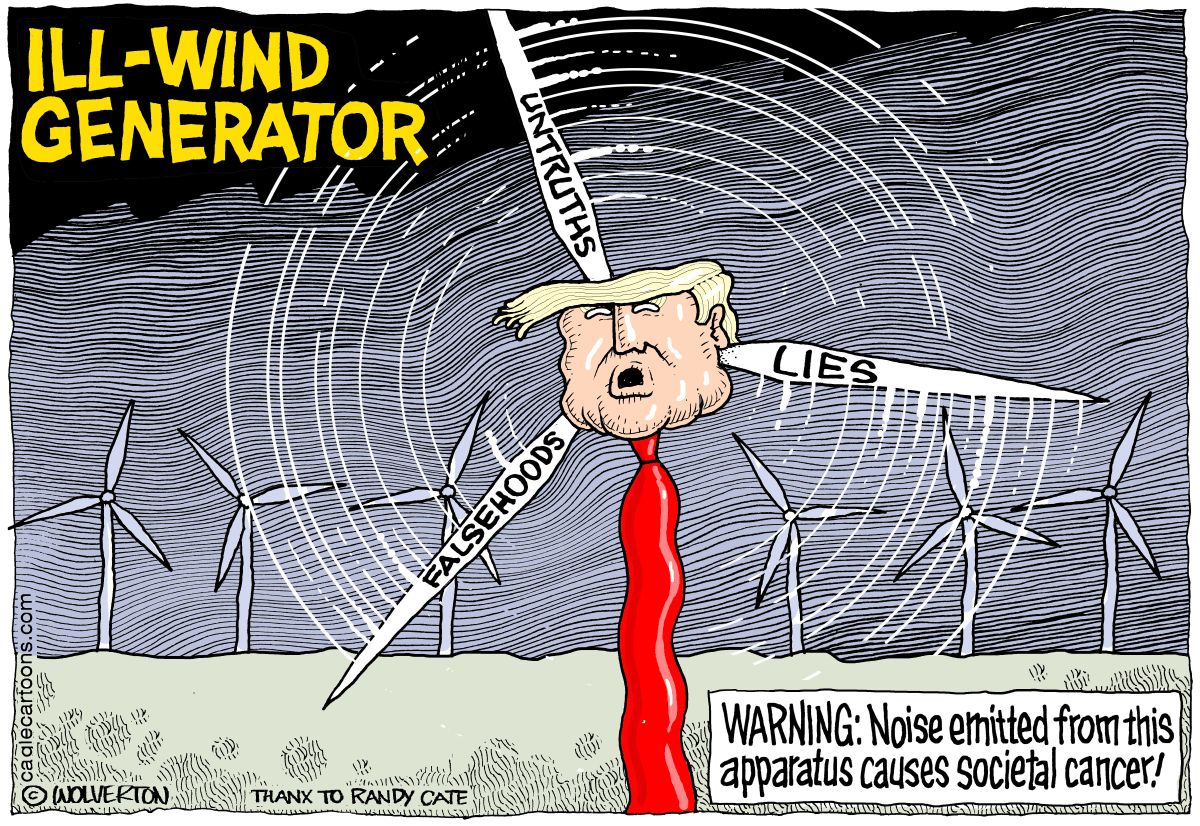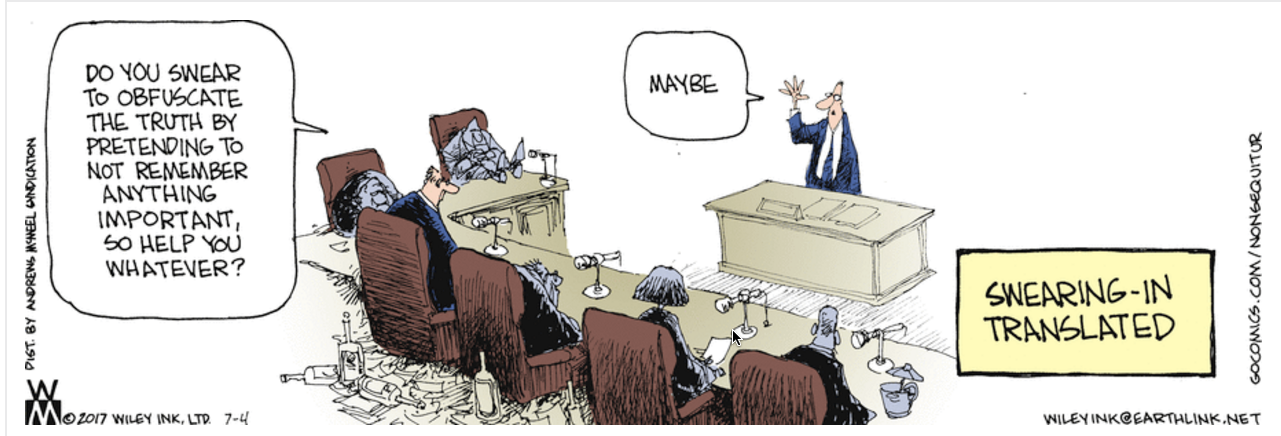He has threatened to target his perceived enemies if elected again. A look at his time in the White House shows how readily he could do so.It was the spring of 2018 and President Donald J. Trump, faced with an accelerating inquiry into his campaign’s ties to Russia, was furious that the Justice Department was reluctant to strike back at those he saw as his enemies.
In an Oval Office meeting, Mr. Trump told startled aides that if Attorney General Jeff Sessions would not order the department to go after Hillary Clinton and James B. Comey, the former F.B.I. director, Mr. Trump would prosecute them himself.
Recognizing the extraordinary dangers of a president seeking not just to weaponize the criminal justice system for political ends but trying as well to assume personal control over who should be investigated and charged, the White House counsel, Donald F. McGahn II, sought to stall.
“How about I do this?” Mr. McGahn told Mr. Trump, according to an account verified by witnesses. “I’m going to write you a memo explaining to you what the law is and how it works, and I’ll give that memo to you and you can decide what you want to do.”
The episode marked the start of a more aggressive effort by Mr. Trump to deploy his power against his perceived enemies despite warnings not to do so by top aides. And a look back at the cases of 10 individuals brings a pattern into clearer focus: After Mr. Trump made repeated public or private demands for them to be targeted by the government, they faced federal pressure of one kind or another.
The broad outlines of those episodes have been previously reported. But a closer examination reveals the degree of concern and pushback against Mr. Trump’s demands inside the White House.
And it highlights how closely his expressed desires to go after people who had drawn his ire were sometimes followed by the Justice Department, F.B.I. or other agencies. Even without his direct order, his indirect influence could serve his ends and leave those in his sights facing expensive, time-consuming legal proceedings or other high-stress inquiries.
Nearly four years after Mr. Trump left office, a more complete picture of how Mr. Trump’s critics and rivals came to be scrutinized by the government is emerging from interviews and court records.
Mr. Trump sought to use the government to go after four broad categories of perceived enemies and critics.
One was F.B.I. officials, whom he sought to portray as biased or corrupt as they investigated him. Another was political rivals, whom he sought to tar with allegations of the same kind of wrongdoing, like collusion with foreign countries, that he was under investigation for.
He also wanted government power deployed against news organizations that produced coverage he did not like, as well as against people from his personal and business life he felt had betrayed him.
- Most of the MAGA rank and file (my guess, about 99.5%) will either (i) never become aware of information like this and thus it will have no impact on their votes in November, or (ii) become aware of what DJT did but will reject that reality as communist Dem/liberal/MSM lies, or rationalize it into less importance compared to how evil and tyrannical Harris and the Dems would be.
- This information, coupled with everything else, will lead very few or no MAGA elites (mostly corrupt authoritarians) to change their vote for DJT -- most MAGA elites already know all about all the nasty business that DJT did. They heartily approve and are looking with hopeful anticipation of a lot of purging and jailing of opponents to come. 👍
Reporting about DJT and other fun-filled MAGA-approved/inspired activities:





